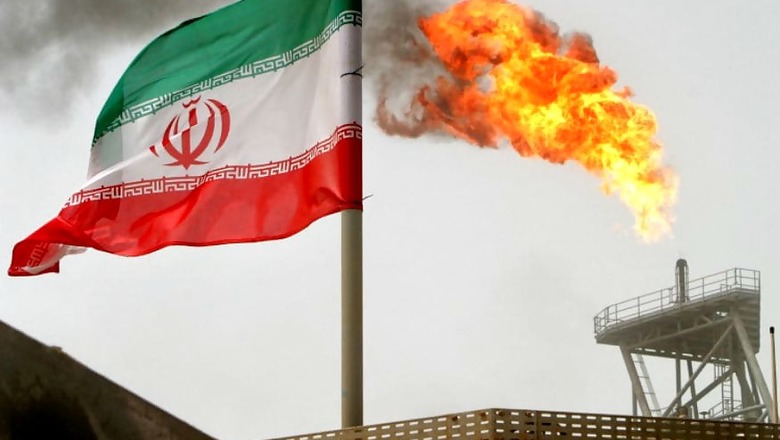
views
New Delhi: A day after United States Secretary of State Mike Pompeo announced that the country “will not issue any additional Significant Reduction Exceptions to existing importers of Iranian oil”, India issued a statement saying it was “adequately prepared to deal with the impact of this decision”.
It appears that New Delhi is prepared to wind down its crude oil import from Iran to zero as it appears unlikely that the US will show any flexibility in the last date of exemption, which is May 2. According to sources, this is due to a six-month framework fixed by a US statute.
While Pompeo’s statement said the “announcement builds on the already significant successes of our pressure campaign”, a source said even though Iran’s oil exports had reduced by over a million barrels a day, its behaviour had been atrocious. Another source added that the latest decision was driven by this behaviour on Iran’s part. The policy, they said, was designed to put maximum pressure on Iran.
However, the fact remains that the decision has inevitably built pressure on other nations as well, including India. The assertion that it was not meant to harm other countries and certainly not India was backed up by the claim that Saudi Arabia and the UAE are on board to make this transition without a shortfall.
India imports 17% of its crude oil from Saudi Arabia. Interestingly, the India-Saudi Arabia joint statement in February, during crown prince Mohammed Bin Salman’s visit, mentioned that “His Royal Highness the Crown Prince reiterated the Kingdom’s commitment to meet India’s growing needs for crude oil and petroleum products and substitute for any shortages that may arise as a result of any disruptions from other sources”. This gave a clear indication of India’s move to decrease its dependence on Iranian crude.
As per sources, India has already committed to importing $3 billion worth of crude from the US in a bid to address the trade imbalance. In February, Indian Oil Corporation signed a $1.5 billion deal to buy crude from the US “as a part of its strategy to diversify term crude sources”, said the company’s statement.
It is also learnt that the US has highlighted that while it is working very closely with India in the aftermath of the Pulwama terror attack and the subsequent attempt to sanction Jaish-e-Mohammad chief Masood Azhar under the 1267 sanctions committee of the United Nations Security Council, India must also stand by the US in its effort to stamp out terror in Iran. A source earlier pointed out that the bid to designate Azhar as a global terrorist will not be used as quid pro quo.
Even as India faces an oil cut from Iran, it said, “The government will continue to work with partner nations, including with the US, to find all possible ways to protect India's legitimate energy and economic security interests.”
Meanwhile, sources added that the waiver for Chabahar remains despite the discontinuation of the waiver on oil.




















Comments
0 comment